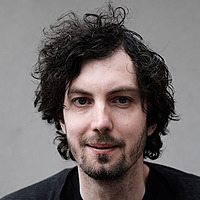Overview
Array-based SNP genotyping platforms have low genotype error and missing data rates compared to genotyping-by-sequencing technologies. Design decisions used to create high-throughput, low-cost and flexible genotyping assays for use in both research and breeding applications are critical to success.
Here a novel design approach is described together with its implementation in the development of the Infinium wheat-barley 40K SNP array. This array is cost-effective for a broad range of research and breeding applications delivering high-quality and high-resolution data for wheat and barley, including when jointly hybridized.
The array aims to maximally capture haplotypic diversity in globally diverse wheat and barley germplasm while minimizing ascertainment bias and comprises almost entirely biallelic markers designed to be species-specific and single-copy. The design permits highly accurate imputation in diverse germplasm to improve statistical power for GWAS and genomic selection applications.
The array SNP content captures tetraploid wheat (A- and B-genome) and Ae. tauschii (D-genome) diversity and delineates synthetic and tetraploid wheat from other wheats, as well as tetraploid species and subgroups. The content also includes SNP tagging key trait loci in wheat and barley and that directly connect to other genotyping platforms and legacy genetic and genomic datasets.
The utility of the wheat-barley 40K SNP array is enhanced through the web-based tool Pretzel which enables the array’s content to be visualized and interrogated interactively in the context of numerous genetic and genomic resources to more seamlessly connect research and breeding. The array is available for use by the international wheat and barley community.
 |
Gabriel Keeble-Gagnere |
Gabriel studied Mathematics and Computer Science at Imperial College London, then went to Japan for two years to teach English as part of the JET Program. Upon his return, he studied Pure Mathematics in Paris for one year (what is called a “Maitrise” in France, equivalent to MSc. in the UK). From 2013 to 2016, he led the bioinformatics activities for the Australia-China Centre for Wheat Improvement. He joined Agriculture Victoria in 2016 as a Senior Research Scientist. |